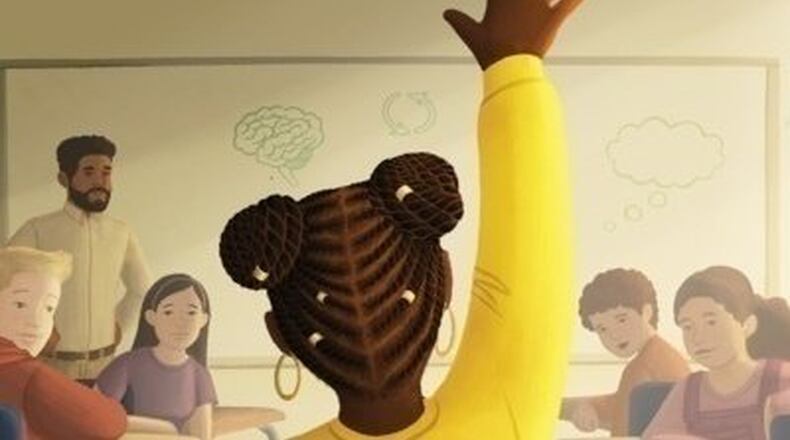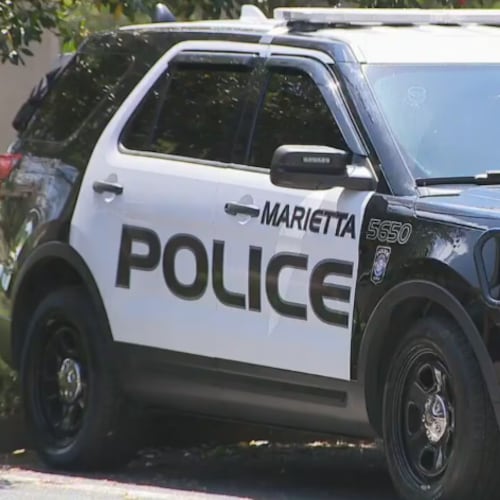A group that calls itself Gwinnett Educators for Equity and Justice is seeking to have Gwinnett schools officials address what they say is systemic racism in the state’s largest school district.
With nearly 2,000 signatures, the group sent a letter to the county’s school board and Superintendent J. Alvin Wilbanks. The letter demands that the district improve the lives of students through the following actions:
- Implement mandatory implicit bias training for all faculty and staff members (including school resource officers) by July 29, the day teachers report to school;
- Curate mandatory culturally responsive curriculum, lessons, and resources for all K-12 core classes by the 2021-2022 school year and announce plans for mandatory black history/African studies and optional ethnic studies courses for middle and high school students;
- Create local and district advisory councils on equity and justice that make recommendations based on data and allow anonymous reporting forms for incidents and experiences of bias to be accessible to students, families, faculty, staff, and other community members by the beginning of the 2021-2022 school year;
- Release specific recruitment and retention plans for black and other diverse teachers and administrators by the beginning of the 2021-2022 school year.
“As students who have walked through the halls of many Gwinnett County Schools, from elementary to high school, we urge those in power to recognize and acknowledge our experiences with systematic racism within our school system,” the letter said. “We have experienced racial profiling, Eurocentric curricula, and a lack of access to higher level classes.”
RELATED STORY: Gwinnett schools battles rash of racist incidents
RELATED STORY: Complaints of discipline inequity prompt Gwinnett schools’ review
Although Wilbanks sent a letter to the community earlier this month in response to protests about the deaths of Ahmed Aubrey and George Floyd, the letter to casts doubt on the district commitment to diversity.
“However, many constituents have questions and concerns about what specific action plans exist to realize equitable education, especially for our Black students,” the letter states. “Just telling us that you’re ‘already committed to focusing on the issues’ is not now, nor has ever been enough.”
The group seeks a July 10 meeting with board members and the administration, but the letter was dated June 18 as if it will be presented at this week’s meeting.
“We look forward to hearing from this group at the Board meeting,” Wilbanks said. “I look forward to sharing some of the work underway in our district and to working with them to address their concerns.”
Christa Campbell, a rising senior at Collins Hill High School, said she’s glad that the community is seeking action.
“As a white person, I’ve never experienced discrimination based on the color of my skin, but I’m proud to grow up in a community where there’s so many people who more accurately represent how the world really is,” she said.
She’s a member of the Gwinnett Student Leaders Team and will be meeting with her principal this month about discussions at school on implicit thoughts.
“Some people probably don’t know what they’re feeling or why they feel that way,” she said.
Penny Poole, president of the Gwinnett branch of the NAACP, cautions those in power not to dismiss what’s happening now as a flash in the pan.
“These demands on the petition are nothing new. I’ve been seeking transparency for years from Gwinnett County Public Schools,” she said. “But these young people feel robbed. They don’t know the history, they don’t know about Juneteenth. They don’t even know about slavery. They are demanding the education they’ve been denied.”
About the Author
Keep Reading
The Latest
Featured




